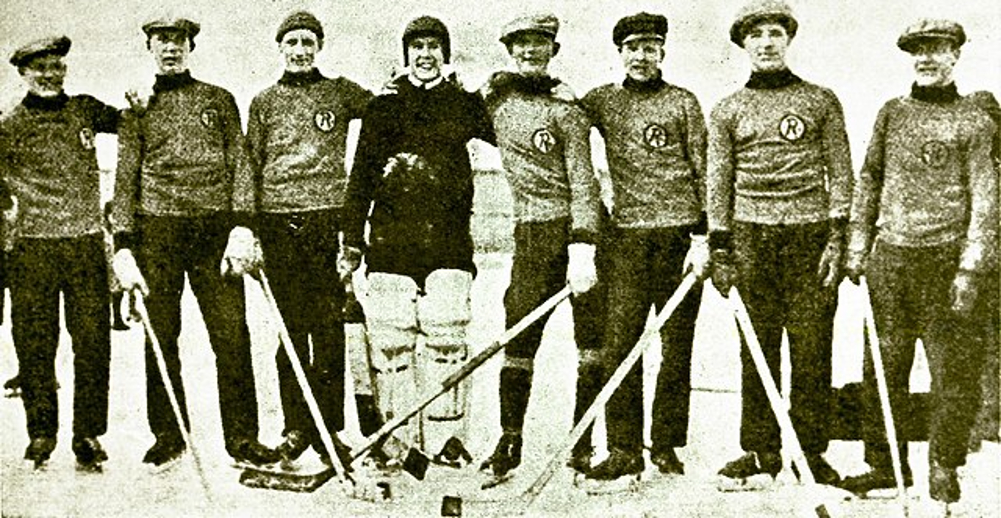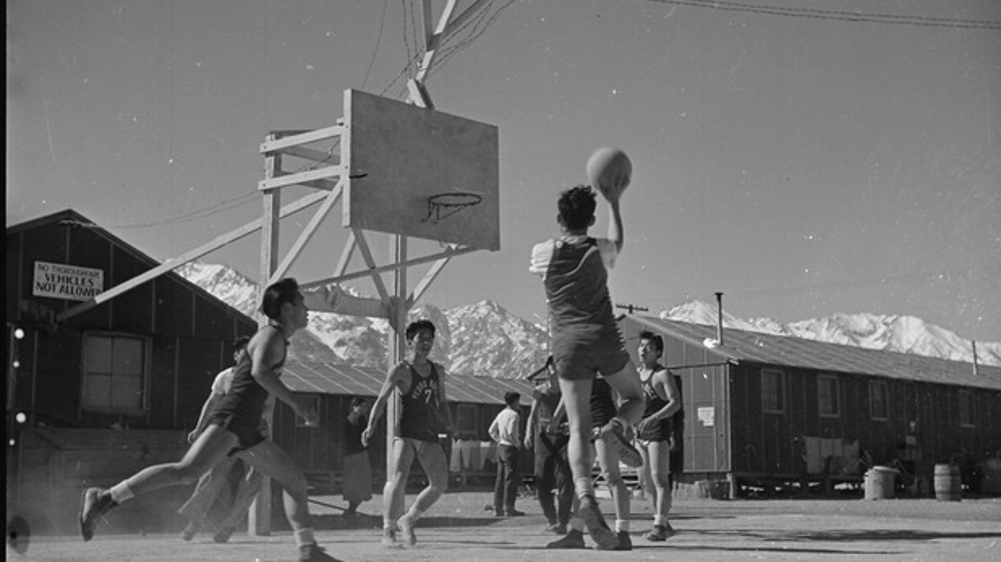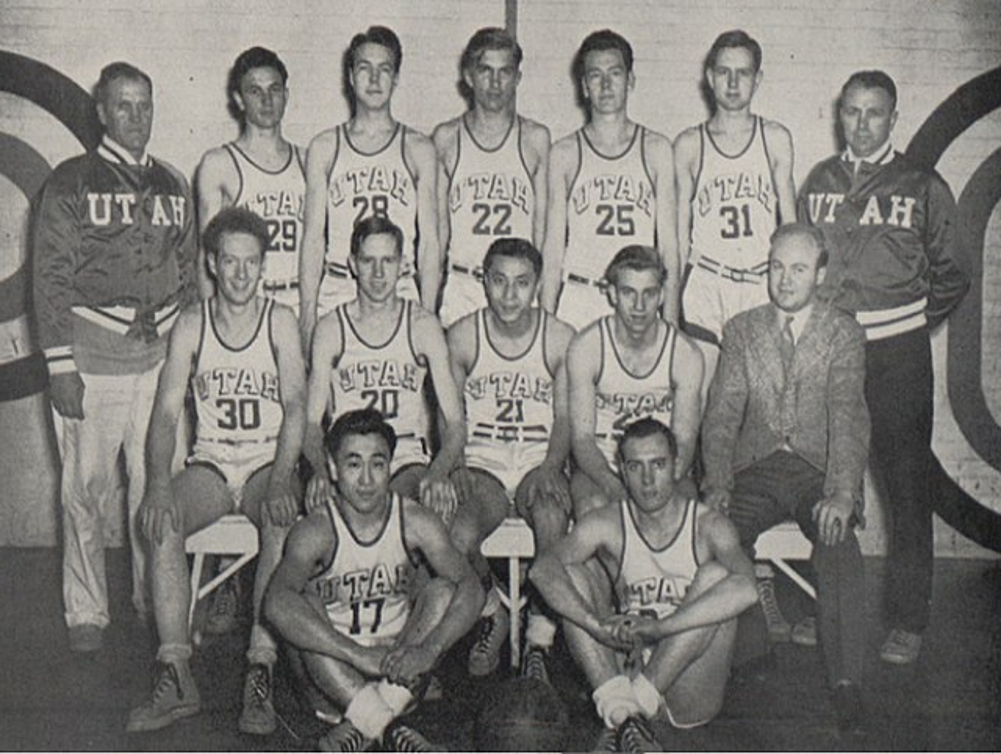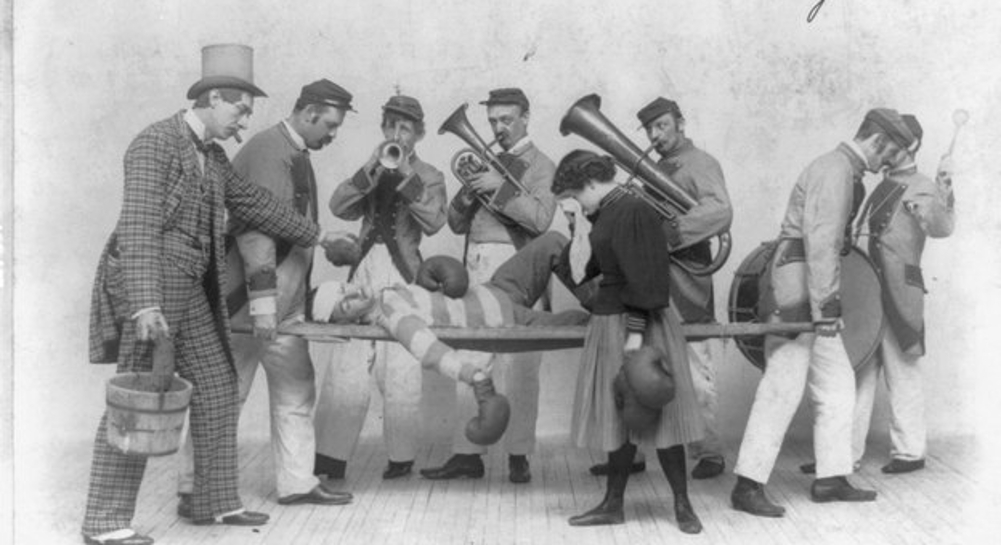Julius Erving The Amazing Basketball Career of Dr. J
Julius Erving, better known by his iconic nickname "Dr. J," wasn't just a basketball player; he was a cultural phenomenon. His high-flying dunks, dazzling skills, and charisma transcended the sport, making him a global icon. This essay explores the remarkable career of Dr. J, a player who revolutionized the game and left an indelible mark on basketball history.
-Early Accolades and ABA Domination
Erving's journey began not in the NBA, but in the rival American Basketball Association (ABA). Playing for the Virginia Squires and later the New York Nets, Dr. J showcased his exceptional talent, leading the league in scoring and captivating audiences with his gravity-defying dunks. His signature move, the "Rockaway Finger Roll," became a highlight reel staple, a testament to his creativity and athleticism.
-The ABA-NBA Merger and NBA Superstardom
In 1976, the ABA and NBA merged, finally bringing Dr. J's talents to the national stage. He joined the Philadelphia 76ers and instantly became a superstar. His dominance continued, with Dr. J leading the team to the NBA Finals four times, ultimately winning the championship in 1983. His highlight-reel dunks became legendary, inspiring a generation of young players and redefining what was possible on the basketball court.
-Beyond the Dunk: A Complete Player
While Dr. J's dunks were electrifying, his skillset extended far beyond. He was a complete player, possessing a well-rounded offensive game with a smooth shooting stroke and a knack for creating space. His defensive contributions were often overlooked, but his athleticism and anticipation made him a valuable asset on both ends of the floor.
-A Legacy of Innovation and Entertainment
Dr. J's impact on basketball goes beyond statistics and championships. He was a pioneer, pushing the boundaries of offensive creativity and showcasing the potential for above-the-rim play. His influence on the game's popularity is undeniable, attracting a wider audience with his dazzling style and infectious enthusiasm.
Born February 22, 1950, in East Meadow, New York, was Naismith Memorial Basketball Hall of Fame Forward Julius Erving. Known as Dr. J., Erving was a scoring sensation, averaging 24.2 points per game, but it was his amazing feats of athleticism that generally stunned the crowds. Dr. J was a sixteen-time All-Star, four-time NBA MVP, and five-time All-ABA and was selected to the 2017 NBA Greatest 75th Anniversary Team. His Houdini-like maneuvers on the basketball floor made him a legend as he played for the Virginia Squires, New York Nets, and the Philadelphia 76ers in a brilliant 16-year career.
Magic Johnson
Bill Sharman
Bob Lanier
The Lithuanian Legend Who Conquered Two Worlds
European Domination (1976-1992):
Starting his career in his native Lithuania, Sabonis terrorized opponents with his incredible passing, scoring prowess, and unmatched basketball IQ.
He won league titles and MVP awards, leading Žalgiris Kaunas to European glory and becoming a national hero.
With the Soviet Union national team, he captured gold at the 1988 Olympics and multiple other medals, cementing his status as a European legend.
NBA Struggles and Triumphs (1992-2003):
Drafted in 1986 but hampered by injuries and political red tape, Sabonis joined the Portland Trail Blazers in 1992.
Despite battling weight issues and adapting to a different style of play, Sabonis's talent shone through. He became a skilled passer and facilitator, earning two All-Star selections and helping the Blazers to the NBA Finals in 1995.
His impact went beyond stats, inspiring a generation of European players and proving that international talent could succeed in the NBA.
Later Years and Lasting Legacy (2003-Present):
Returning to Žalgiris Kaunas, Sabonis led them to more championships before retiring in 2004.
He served as President of the Lithuanian Basketball Federation, helping develop the sport in his home country.
In 2011, Sabonis was inducted into the Naismith Memorial Basketball Hall of Fame, a testament to his global impact on the game.
More Than Just Basketball:
Sabonis's story is about resilience, adaptation, and unwavering love for the game. He endured injuries, political hurdles, and playing styles vastly different from what he knew. Yet, he adapted, conquered, and inspired millions.
Remember:
Sabonis's career spans continents and eras, offering unique stories and highlights in each phase.
Feel free to ask about specific chapters in his career, like his European dominance, NBA challenges, or post-playing contributions.
Arvydas Sabonis wasn't just a basketball player; he was a cultural icon, a champion, and an actual game ambassador. His legacy transcends wins and losses, reminding us that talent, perseverance, and love for the sport can make even the most daunting obstacles appear conquerable.
John Wooden
Wooden was born in Hall, Indiana, and grew up on a farm. He played basketball for Purdue University, where he was a three-time All-American. After graduating from Purdue, Wooden played professional basketball for the Indianapolis Kautskys of the National Basketball League. He also coached high school basketball in Indiana before serving in the U.S. Navy during World War II.
After the war, Wooden became the head coach at Indiana State Teachers College (now Indiana State University). He led the Sycamores to two conference championships in three seasons. In 1948, Wooden was hired as the head coach at UCLA.
Wooden quickly turned the Bruins into a national powerhouse. He won his first national championship in 1964 and went on to win seven more in the next nine years. Wooden's teams were known for their fundamental play, teamwork, and discipline. He also emphasized the importance of character and academics.
Wooden retired from coaching in 1975. He was inducted into the Basketball Hall of Fame as a player in 1960 and as a coach in 1973. Wooden was also awarded the Presidential Medal of Freedom in 2003.
Wooden died in 2010 at the age of 99. He is considered to be one of the greatest basketball coaches of all time. He was also a beloved mentor and teacher to many people, both on and off the court.
Cliff Hagan
Cliff Hagan, nicknamed "Li'l Abner," was a dominant force in the NBA during the 1950s and 1960s. With his lightning-fast reflexes and an unstoppable hook shot that became his signature, he carved his name in basketball history as a true legend.
Early Success:
Born in Owensboro, Kentucky, in 1931, Hagan's basketball talent blossomed early. He led the University of Kentucky to two NCAA championships in 1951 and 1954, showcasing his exceptional skills and athleticism.
Dominating the NBA:
Lil' Abner was drafted by the St. Louis Hawks in 1956, Hagan quickly established himself as a key player. He formed a formidable partnership with Bob Pettit, leading the Hawks to the 1958 NBA championship. Hagan's contribution was undeniable, earning him an All-NBA Second Team selection that same year.
Hook Shot Perfection:
Hagan's signature move, the "Hagan Hook," became a staple of his game. This unstoppable shot, launched with his back to the basket, left defenders guessing and frustrated. It became so iconic that it earned him the nickname "Hook Shot Hagan."
A Versatile Force:
Hagan wasn't just a scorer; he was also a remarkable rebounder and passer. He averaged 18.0 points and 8.4 rebounds per game during his 10-year NBA career, earning six All-Star selections and being named to the All-NBA First Team twice.
Lasting Legacy:
After retiring from the NBA in 1966, Hagan continued to be an active member of the basketball community. He enjoyed success in the American Basketball Association (ABA) before dedicating himself to philanthropy and community service.
Marty Friedman
Born July 12, 1889, in New York City, New York was Naismith Memorial Basketball Hall of Fame guard and coach, Marty Friedman. he played in various pre-NBA leagues for eighteen years, most notably for the New York Whirlwinds. Known as one of the best defensive guards of his era, Friedman later coached the Troy Haymakers. He helped the New York Whirlwinds claim the World Championship series, 1921. In that game Friedman held Celtics' shooting star Johnny Beckman to one field goal as the Whirlwinds defeated the Original Celtics, 40–27.
Jerry West
Nancy Lieberman
1986 Springfield Fame
1987 Long Island Knights
1997 Phoenix Mercury
2008 Detroit Shock
As coach:
1998–2000 Detroit Shock
2009–2011 Texas Legends
2015–2018 Sacramento Kings
Nancy is very decorated winning WABA champion (1984), WABA Most Valuable Player (1984), WBL Rookie of the Year (1981), two-time Honda Sports Award for basketball (1979, 1980), and Honda-Broderick Cup for all sports (1979).













